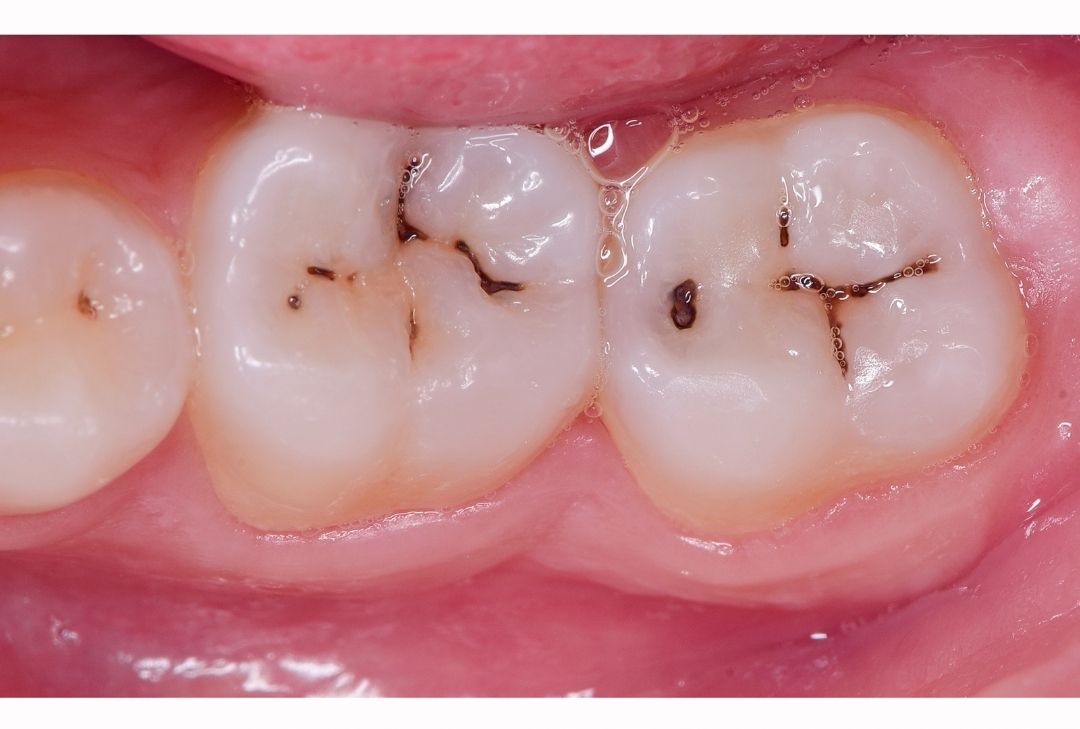Understanding Antibiotics for Tooth Infections
Antibiotics for tooth infection are essential medications prescribed by dental providers to treat bacterial infections affecting your teeth. A tooth infection, or tooth abscess, is a painful pocket of pus that can lead to serious complications if left untreated.
Common Causes of Tooth Infections
Cavities: Cavities, also known as caries, occur when bacteria in your mouth feed on food particles and produce acids that erode tooth enamel. Over time, these acids can create holes in your teeth, providing an entry point for bacteria.
Cracked or Injured Teeth: Teeth can become cracked or injured due to trauma, such as a sports injury or accident. These cracks can provide a pathway for bacteria to enter the tooth and cause an infection.
Gum Disease: Gum disease, also known as periodontal disease, is a bacterial infection that affects the gums and the bone that supports your teeth. If left untreated, gum disease can lead to receding gums, tooth loss, and even systemic health problems. Bacteria from infected gums can enter the bloodstream and contribute to conditions like heart disease and diabetes.
When to Seek Antibiotics for tooth infection:
Severe Infections: If you have a severe infection, your dentist will likely prescribe antibiotics to combat the bacteria and prevent the infection from worsening. Symptoms of a severe tooth infection may include:
- Intense pain: Severe throbbing or aching pain in the affected tooth or area.
- Swelling: Noticeable swelling in the cheek or jaw.
- Sensitivity to hot or cold: Pain when consuming hot or cold foods or beverages.
- Pus: A pus-filled abscess may form around the infected tooth.
- Fever: A temperature higher than normal.
Spreading Infections: If an infection is left untreated or worsens, it can spread to other parts of your mouth or even to nearby tissues and organs. Antibiotics may be necessary to prevent the infection from spreading and causing more serious complications.
Post-Procedure Infections: Some dental procedures, such as tooth extractions or deep cleanings, can create openings in the gums or teeth that may be susceptible to infection. Antibiotics may be prescribed as a precautionary measure to prevent infection after these procedures.
It’s important to note that while antibiotics are effective in treating bacterial infections, they may not be necessary in all cases. Your dentist will carefully assess your condition and determine if antibiotics are the appropriate course of treatment.
Types of Antibiotics for Tooth Infections:
- Penicillin-type antibiotics: Amoxicillin, penicillin V, and amoxicillin-clavulanate are commonly prescribed.
- Cephalosporins: Cephalexin is a common example.
- Nitroimidazoles: Metronidazole is often used.
- Macrolides: Azithromycin and erythromycin are common choices.
- Lincosamides: Clindamycin may be prescribed for stubborn infections.
Important Considerations:
- Combination Therapy: In some cases, antibiotics may be used in combination with other dental procedures, such as draining an abscess or performing a root canal.
- Antibiotic Resistance: Overuse of antibiotics can contribute to antibiotic resistance. It’s important to follow your dentist’s instructions and complete the full course of antibiotics as prescribed.
Side Effects and Risks:
- Common Side Effects: Dizziness, nausea, diarrhea, and yeast infections are possible side effects of antibiotics.
- Severe Allergic Reactions: While rare, severe allergic reactions can occur. Seek immediate medical attention if you experience symptoms such as swelling, difficulty breathing, or hives.
Recovery and Outlook:
- Duration: The time it takes to recover from a tooth infection varies depending on the severity of the infection and the effectiveness of the antibiotics.
- Complete the Course: It’s crucial to take the full course of antibiotics as prescribed, even if your symptoms improve. This helps prevent the infection from returning.
If you suspect you have a tooth infection, it’s important to see your dentist for a diagnosis and treatment plan. Early intervention can help prevent serious complications and ensure a speedy recovery.




















